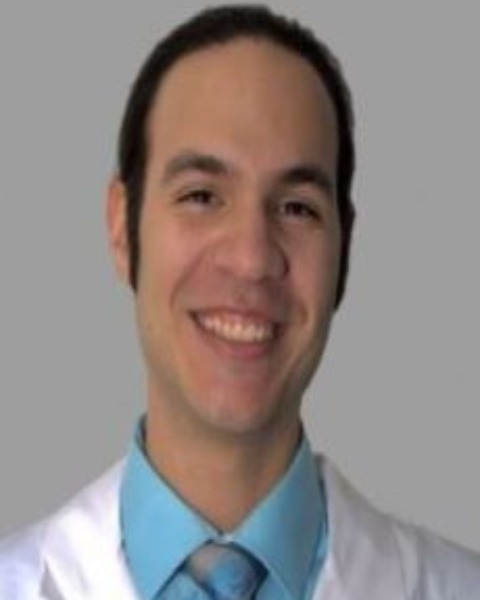Category: Infectious Diseases
Poster Session I
(175) Effect of Respiratory and Anticoagulation Medications on Long Covid in the Postpartum Period
Long Covid (LC) is a collective term referring to the persistence of symptoms and complications related to those acquiring an acute SARS-CoV-2 infection. This study sought to evaluate the potential benefits of certain medications often employed empirically in the management of LC for pregnant patients in the 3rd trimester and postpartum periods.
Study Design:
We conducted a multi-center, prospective observational study from 7/2021 to 7/2022 comparing all pregnant women diagnosed with SARS-CoV-2 infection (CoV-2) in the 3rd trimester through 6 weeks postpartum. The primary outcomes included the development of LC and improvement following treatment. Patients with preexisting respiratory, hematological, or neurological disorders or preterm delivery < 37 weeks-gestation, were excluded. Medications including any CoV-2 antiviral treatment, enoxaparin, aspirin, inhaled corticosteroids with or without a long-acting beta blocker, theophylline, leukotriene receptor antagonists, and 1st generation antihistamines were included as covariates. Primary outcomes were determined by patient-reported symptoms and provider interpretation in the immediate postpartum, 1-week postpartum (1P), and 6-week postpartum (6P) periods.
Results:
The study included 444 patients diagnosed with LC. 291 (65.6%) patients received enoxaparin at time of diagnosis continued weekly until 6 weeks postpartum. Patients who received enoxaparin were less likely to report LC at the 1P and 6P visits (39.2% v. 54.9%, p = 0.02). LC was not significantly different when comparing patients who received antiviral therapies to those who did not. Patients with LC were more likely to report improvement when taking aspirin 325mg (19.8% v. 11.3%, p = 0.003) or when taking theophylline (22.9% v. 14.2%, p = 0.01). After adjusting for confounding factors these differences remained significant.
Conclusion:
These findings suggest that treatments targeting the circulatory system may prove more useful for LC in the 3rd trimester and postpartum period than other types of medications.
.jpg)
Daniel Martingano, DO, MBA, PhD, FACOG, FACPM
OB/GYN Clerkship Director, Assistant Residency Program Director, Academic Chair of OB/GYN
William Carey University/RWJBarnabas Health-Trinitas Regional Medical Center/St. John's Episcopal Hospital-South Shore
Far Rockaway, New York, United States
Eddie Santana, DO
St. John's Episcopal Hospital
Far Rockaway, New York, United States- PM
Prutha Mehta, MSc
Medical Student
Lake Erie College of Osteopathic Medicine
Far Rockaway, New York, United States - AN
Ashley Ngyuen, MD
Resident
St. John's Episcopal Hospital-South Shore
Far Rockaway, New York, United States - MA
Marwa Al-Dulaimi, MD
Resident
St. John's Episcopal Hospital-South Shore
Far Rockaway, New York, United States - KR
Katie Robertson, DO
Resident
St. John's Episcopal Hospital-South Shore
Far Rockaway, New York, United States - CM
Christopher Menefee, BS
Medical Student
St. John's Episcopal Hospital-South Shore
Far Rockaway, New York, United States - AO
Andrea Ouyang, MS
Medical Student
William Carey University College of Osteopathic Medicine
Hattiesburg, Mississippi, United States - CH
Camilla Herben, BS
Medical Student
Lake Erie College of Osteopathic Medicine
Far Rockaway, New York, United States - SS
Shailini Singh, MD
Attending Maternal-Fetal Medicine Specialist
Trinity Health/St. Peter's Hospital
Albany, New York, United States - JM
Jacqueline Marecheau, MD
St. John's Episcopal Hospital
Far Rockaway, New York, United States - BD
Benjamin F. Dribus, PhD
Chair, Department of Mathematics
William Carey University
Hattiesburg, Mississippi, United States

.png)
